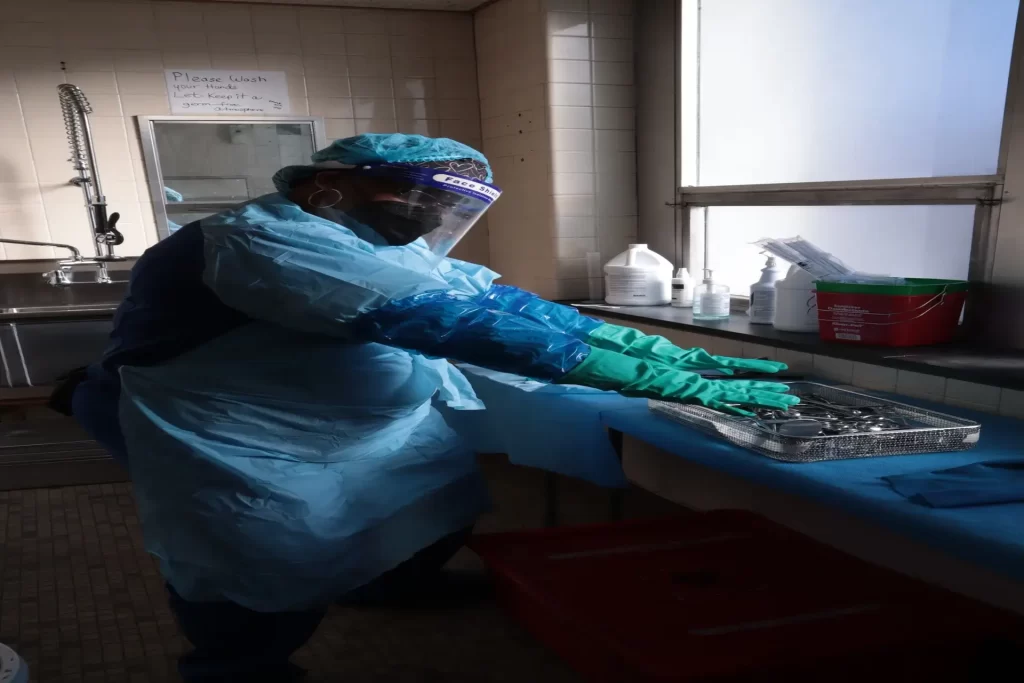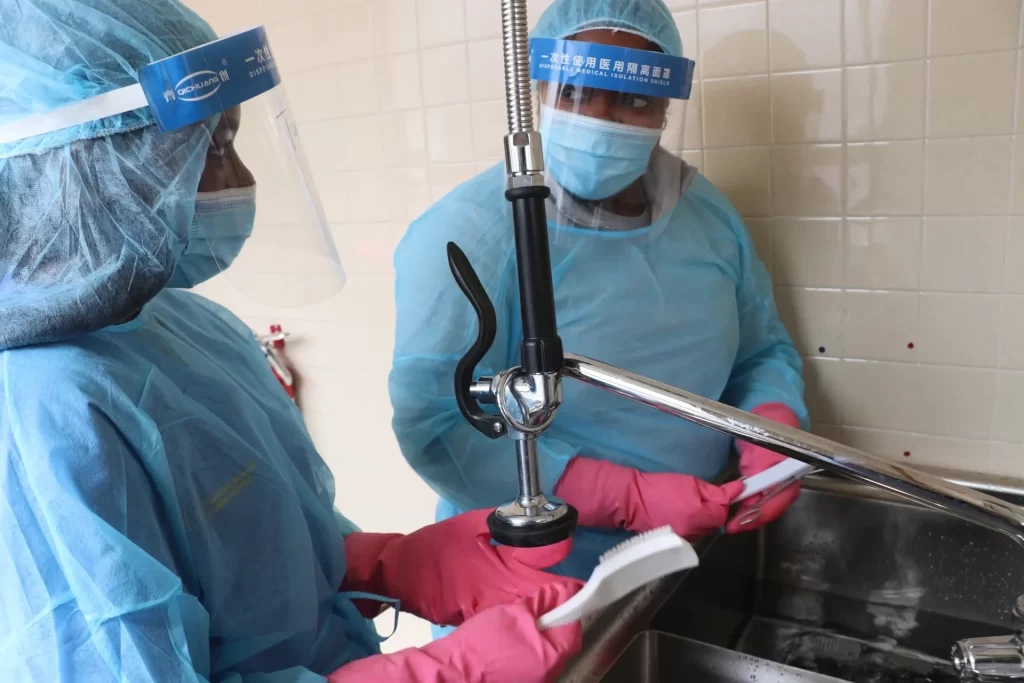You are responsible for ensuring that surgical instruments and equipment are correctly cleaned, sterilized, and packaged for use in medical operations as a sterile processing technician. This crucial profession requires excellent attention to detail, technical expertise, and the ability to function well in a fast-paced atmosphere. If a sterile processing technician is considering enrolling in a sterile processing program, here are some of the skills they can expect to gain specialized skills.
One of the essential skills sterile techs will gain in a sterile processing program is understanding the various sterilization techniques used to clean surgical equipment. Steam sterilization, gas sterilization, and chemical sterilization are some of these methods.
In addition, youwledge Of Infection Control
Sterile processors play a critical role in preventing the spread of infection in healthcare settings. The sterile processing program focuses on the fundamentals of infection control and to keep the euipments bacteria free. It also focuses on keeping the patients in cleaan and sterile conditions.
Attention To Detail
Sterile processing requires a high level of attention to detail. Small mistakes in the cleaning or sterilization process can have severe consequences for patient health. In a sterile processing program, you will learn how to carefully inspect instruments and equipment for damage or signs of contamination and ensure that all cleaning and sterilization steps are completed correctly.
Sterile processing technicians must be skilled in using various equipment and tools, including autoclaves, ultrasonic cleaners, and sterilization pouches. During sterile training, apprentices learn managing the tools effectively and quickly solve any problems occurring during sterilization.

Sterile processing technicians must communicate effectively with other healthcare professionals, including surgeons, nurses, and other healthcare team members. You will learn how to effectively communicate information about surgical instruments and equipment status and work collaboratively with others to ensure that procedures run smoothly.
Sterile processing technicians must be able to think critically and solve problems quickly to ensure that surgical procedures can proceed without delay. Therefore, during a sterile processing career, you will learn how to identify and troubleshoot common issues that may arise during cleaning and sterilization and find solutions to these problems quickly and efficiently.
Sterile processing technicians must be able to work efficiently and manage their time effectively to keep up with the needs of a busy healthcare environment. In a sterile processing program, you will learn to prioritize tasks, manage your time effectively, and work under pressure.
Sterile processing technicians must uphold a high standard of professionalism and ethical behavior to safeguard patient safety and preserve the credibility of the healthcare system. During a sterile processing program, you will learn about the ethical and professional standards that apply to your role and how to maintain patient confidentiality and respect patient autonomy.

An understanding of anatomy and physiology is critical for sterile processing professionals. A sterile program will provide a comprehensive understanding of human anatomy and physiology, including the body’s various systems and how they function. This knowledge is essential for understanding the types of medical equipment used in patient care, their use, and the appropriate sterilization techniques.
A sterile processing job will also equip you with a thorough understanding of medical terminology. In addition, you will learn the language used in healthcare settings, including medical instruments and equipment names.
Knowledge Of Regulations And Standards
Sterile processing is subject to strict regulations and standards to ensure the safety of patients and healthcare workers. A sterile processing program will provide a comprehensive understanding of these regulations and standards, including those set forth by organizations such as OSHA and CDC. In addition, you will learn about the guidelines and best practices for sterile processing and how to ensure compliance with these standards.
Read More